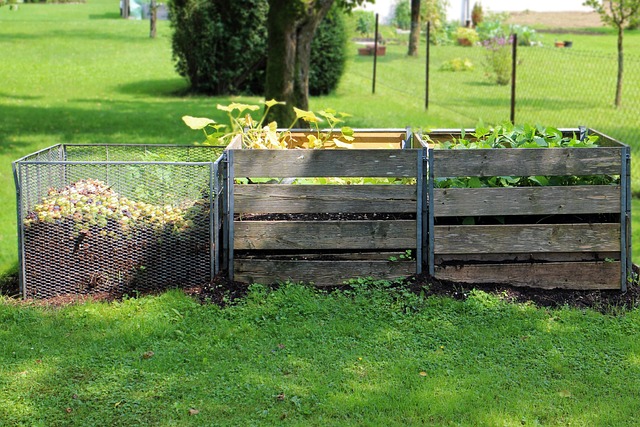
If you’re a plant lover in Pakistan, whether you have a full garden or a few pots on your rooftop, one thing your plants will always need is proper nourishment. And the best way to provide that naturally is through organic fertilizers.
Unlike chemical fertilizers, which may offer quick results but can harm your soil in the long run, organic fertilizers improve soil health, support natural growth, and are safe for the environment. In this blog, we’ll walk you through 10 commonly used and easily available types of organic fertilizers in Pakistan, so you can feed your plants the natural way.
If you’re just starting your organic gardening journey, this Ultimate Beginners Guide for Vegetable Gardening in Pakistan is a must-read.
Table of Contents
ToggleTypes of Organic Fertilizers
Compost – A Natural All-Rounder
Compost is one of the easiest and most effective organic fertilizers. It’s made by decomposing kitchen scraps like vegetable peels, fruit waste, dry leaves, and even tea leaves. Compost is full of essential nutrients and is excellent at improving soil structure.
🌿 Best for: Vegetables, flowers, potted plants, and garden beds.
It also encourages earthworms and beneficial bacteria to thrive in your soil, which helps with nutrient absorption and plant health. The best part? You can make it at home with zero cost!

Cow Manure (Gobar) – Traditional and Trusted
Cow dung, or gobar, has been used for generations in Pakistani farming. It’s packed with nitrogen and other nutrients and helps the soil retain moisture. However, it must be composted well before use to avoid spreading pathogens and burning your plants.
🌿 Best for: Lawns, vegetables, and flowering shrubs.
In many rural areas, cow manure is mixed with crop residues to create a powerful, slow-releasing fertilizer that enriches the land for long-term use.

Bone Meal – Boosts Flowering and Root Growth
Bone meal is a fine powder made from animal bones and is rich in phosphorus and calcium. It’s especially good for helping plants with root development and promoting flowering.
🌿 Best for: Flower beds, bulbs, and fruiting plants.
Use it while planting to give young roots a strong start or mix it into the soil during flowering season.
Want to understand how different fertilizers compare? Our Types of Fertilizers in Pakistan: A Complete Guide breaks it all down for you.
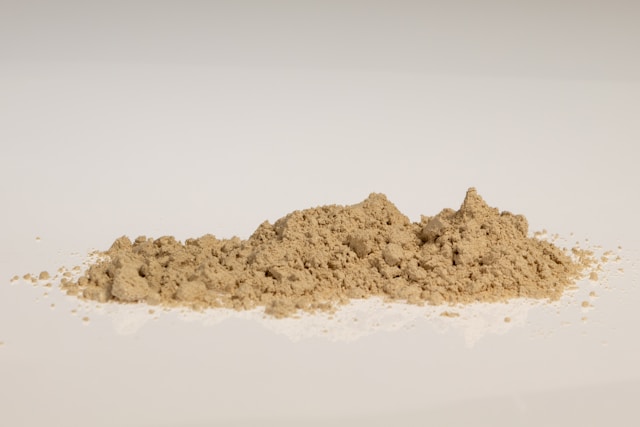
Neem Cake – Fertilizer and Pest Control in One
Made from crushed neem seeds after oil extraction, neem cake is a two-in-one wonder. Not only does it enrich the soil, but it also protects your plants from pests like nematodes and fungal infections.
🌿 Best for: Vegetable gardens, fruit trees, and pest-prone areas.
Neem cake also works well when mixed with compost or cow manure to improve the overall nutrient mix.
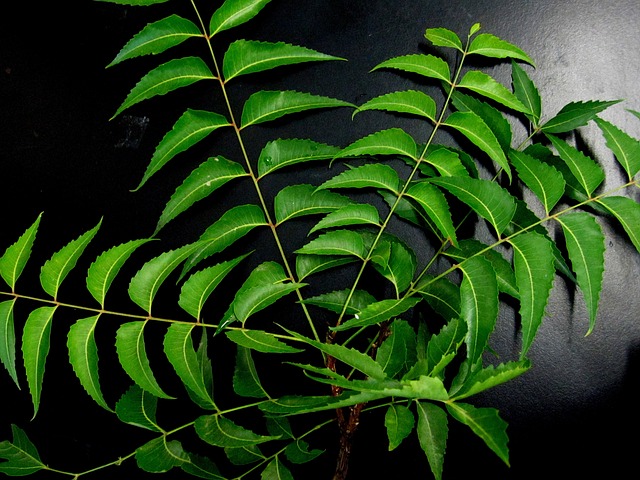
Vermicompost – Earthworm Gold
Vermicompost is produced by feeding organic waste to earthworms. The result is a dark, crumbly, nutrient-rich material that’s excellent for all plants. It enhances soil structure and contains enzymes that help in faster root development.
🌿 Best for: Indoor plants, vegetables, and young saplings.
It’s odorless, easy to use, and perfect for container gardening or rooftop setups.
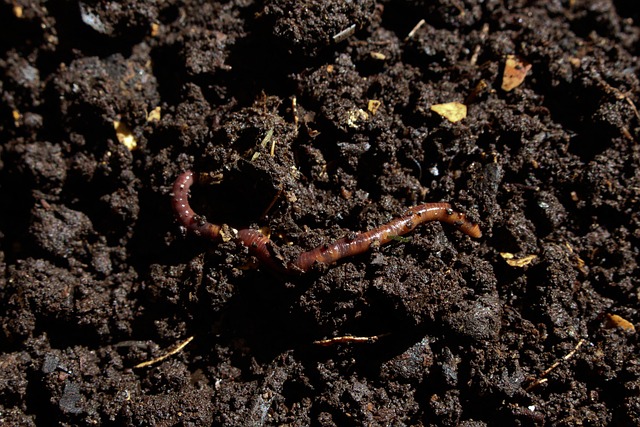
Green Manure – Grown to Be Given
Green manure refers to planting crops like mustard, clover, or mung beans, then plowing them back into the soil before they flower. These plants fix nitrogen naturally and add organic matter.
🌿 Best for: Vegetable plots, crop rotations, and fallow beds.
It’s a great way to prepare your soil between growing seasons without spending on commercial fertilizers.
For a more in-depth look at organic methods, don’t miss our article on Organic Fertilizers in Pakistan: What You Need to Know.
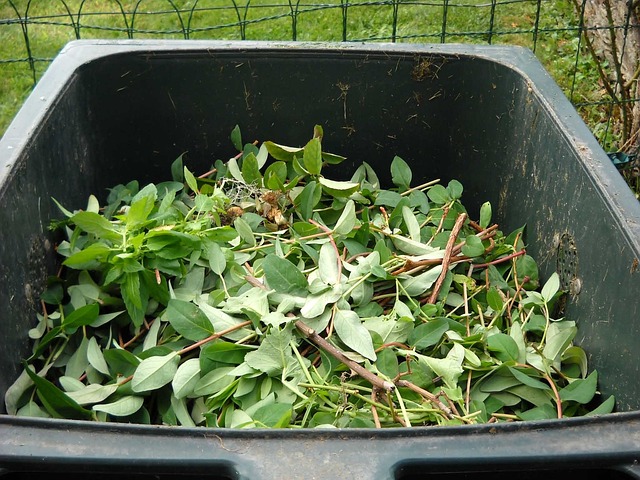
Poultry Manure – Powerful but Potent
Chicken manure is very rich in nutrients, especially nitrogen, phosphorus, and potassium—the holy trinity of plant nutrition. It should always be composted or aged before use, as fresh poultry waste can burn plants.
🌿 Best for: Heavy feeders like fruit trees, chili plants, or corn.
It’s strong, so a little goes a long way. Blend it with compost for a balanced mix.
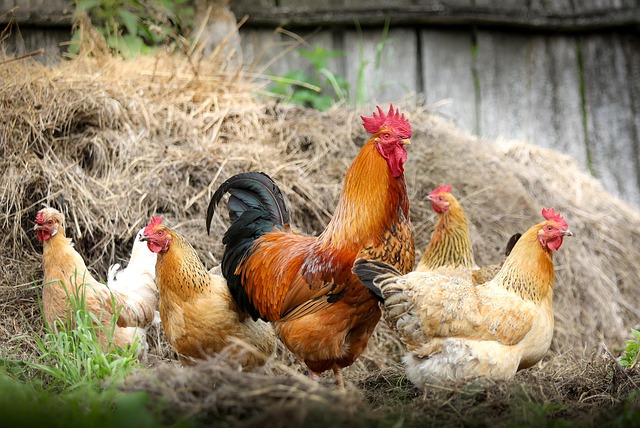
Banana Peel Fertilizer – DIY and Effective
Banana peels are full of potassium, phosphorus, and calcium. You can chop them up and bury them near your plants or soak them in water to make a natural liquid fertilizer.
🌿 Best for: Roses, hibiscus, flowering plants, and fruiting trees.
This is a great kitchen waste hack, especially for city gardeners who want to go green without spending extra.

Wood Ash or Cow Dung Cake Ash – Potassium Powerhouse
Ash from burnt wood or dry cow dung cakes contains high levels of potassium and small amounts of calcium and magnesium. It also helps raise the pH of acidic soil.
🌿 Best for: Root vegetables, flower beds, and clay-heavy soils.
Use it sparingly, as too much ash can overly increase alkalinity in the soil.

Compost Tea – Liquid Nutrition Boost
Compost tea is made by soaking compost in water for 2–3 days, then straining and using the liquid to feed plants. It’s a fast-absorbing nutrient boost and can also be sprayed on leaves to improve plant immunity.
🌿 Best for: Seedlings, potted plants, herbs, and indoor greens.
You can make this simple fertilizer at home using any well-rotted compost, and it’s especially helpful during the growing season.
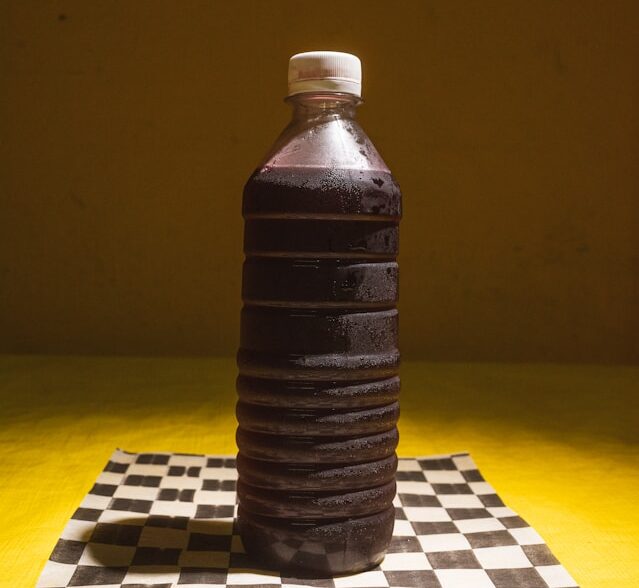
Bonus Tip: Mix and Match for Best Results
Each organic fertilizer has its strength. You don’t need to pick just one—try combining different types for a balanced soil nutrition plan. For example, mix neem cake with cow manure, or add bone meal to your compost for flowering plants. Over time, you’ll notice your soil becoming richer and your plants more vibrant.
There’s no shortage of organic fertilizers in Pakistan—you just need to know what to use and when. Whether you’re growing vegetables, flowers, or evergreen plants, switching to natural fertilizers can transform your garden into a lush, green, and productive space.
Organic options are not only safer for you and your family, but they also nourish the soil—something chemical fertilizers often ignore. So, if you’re planning your next planting season, skip the synthetic stuff and reach for one (or more!) of these organic gems.
